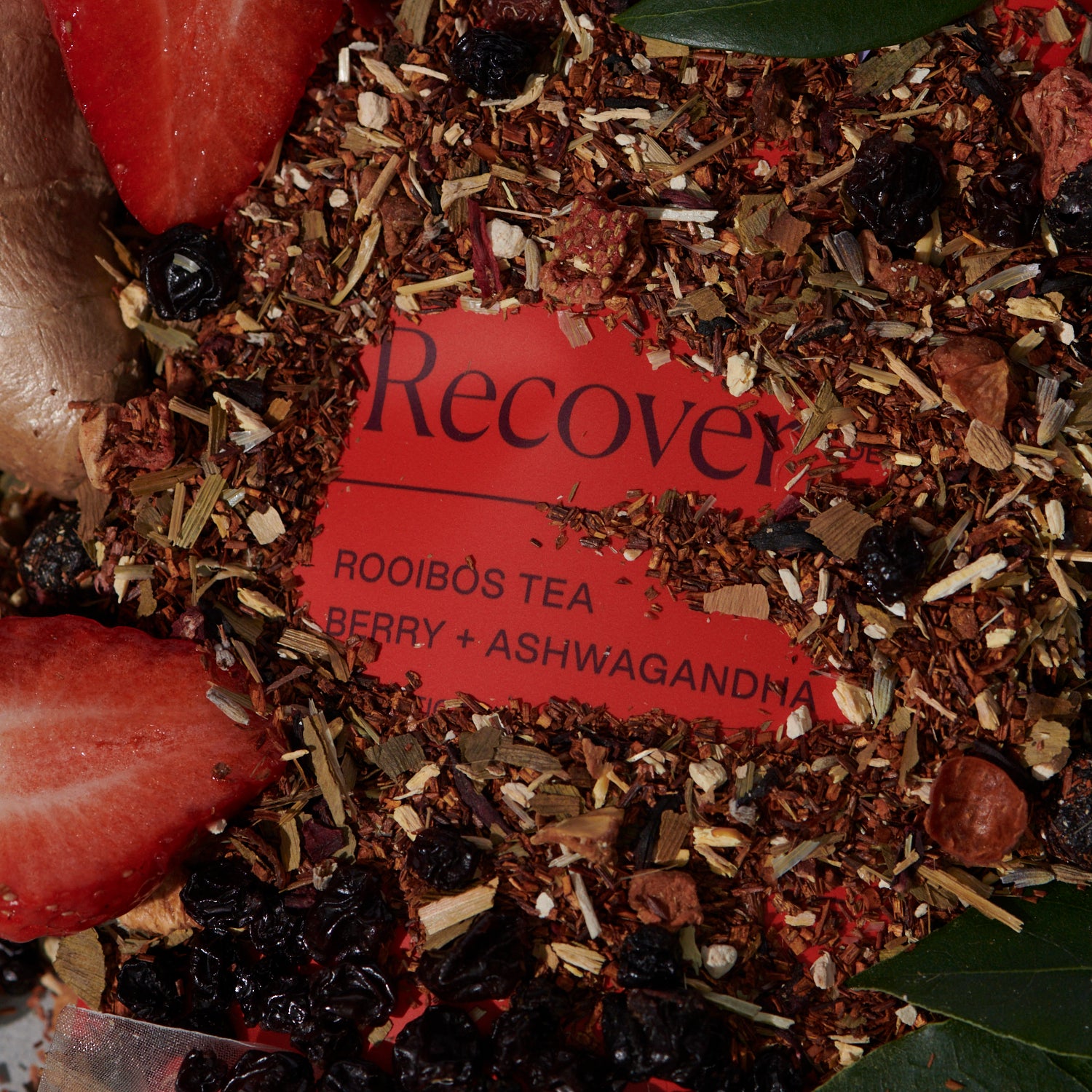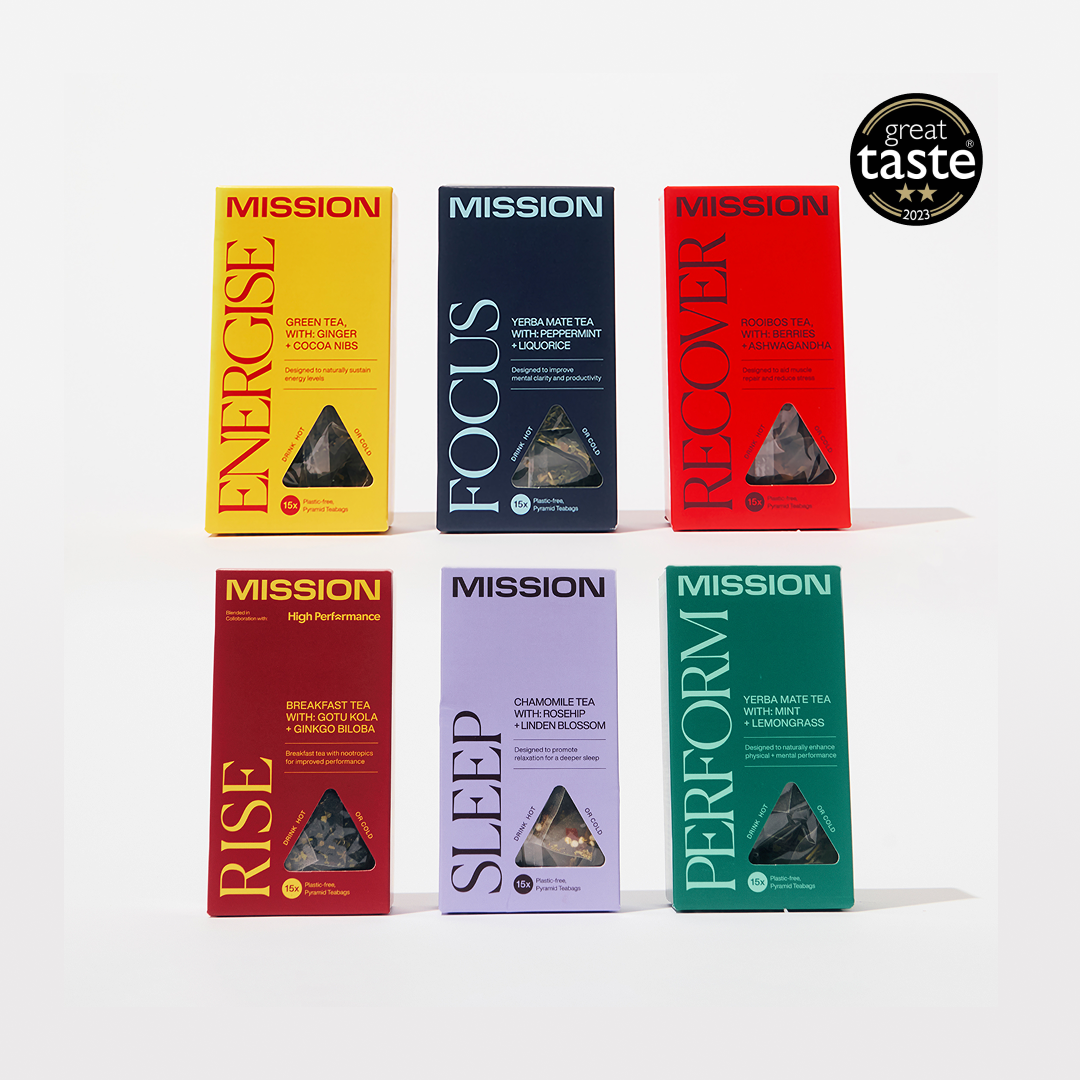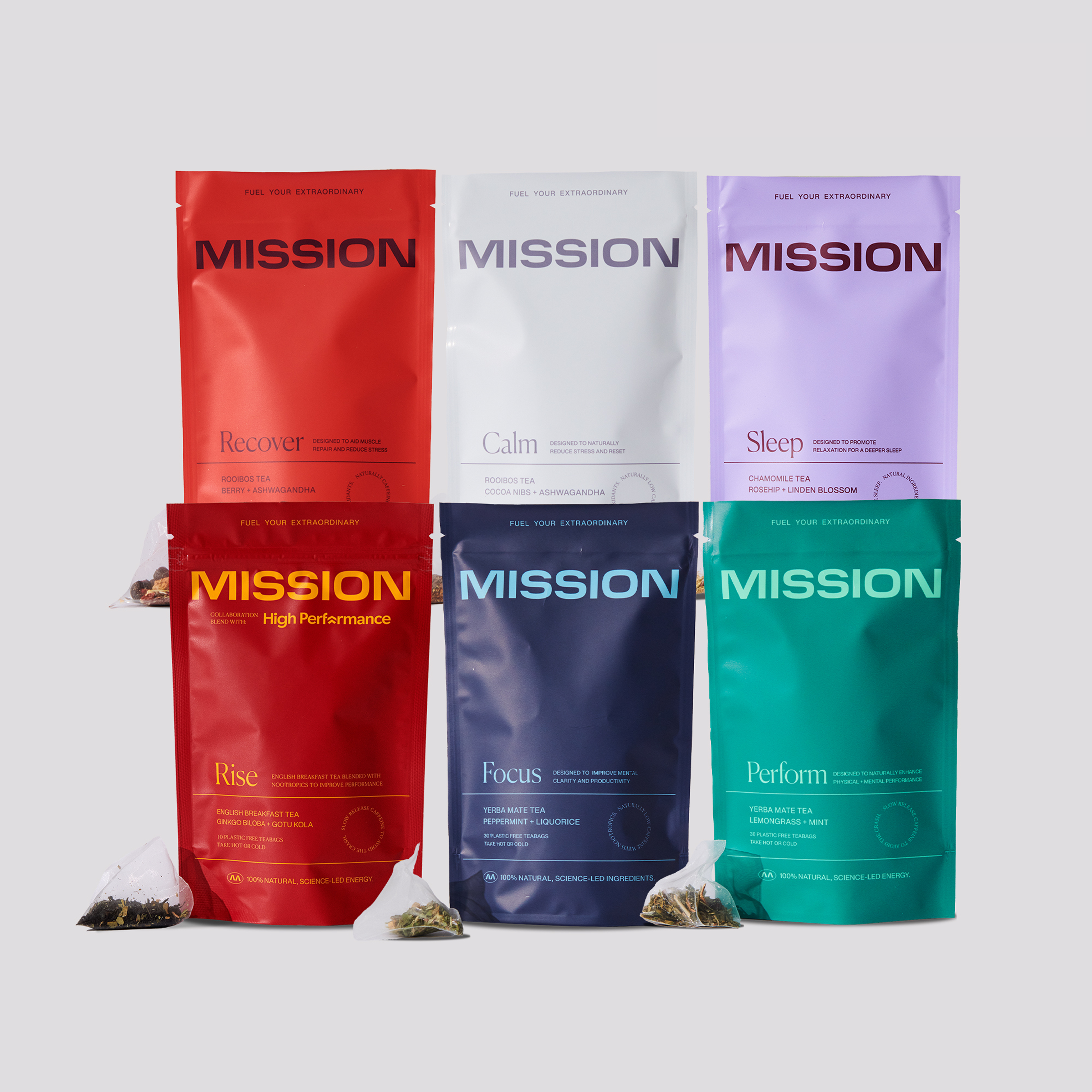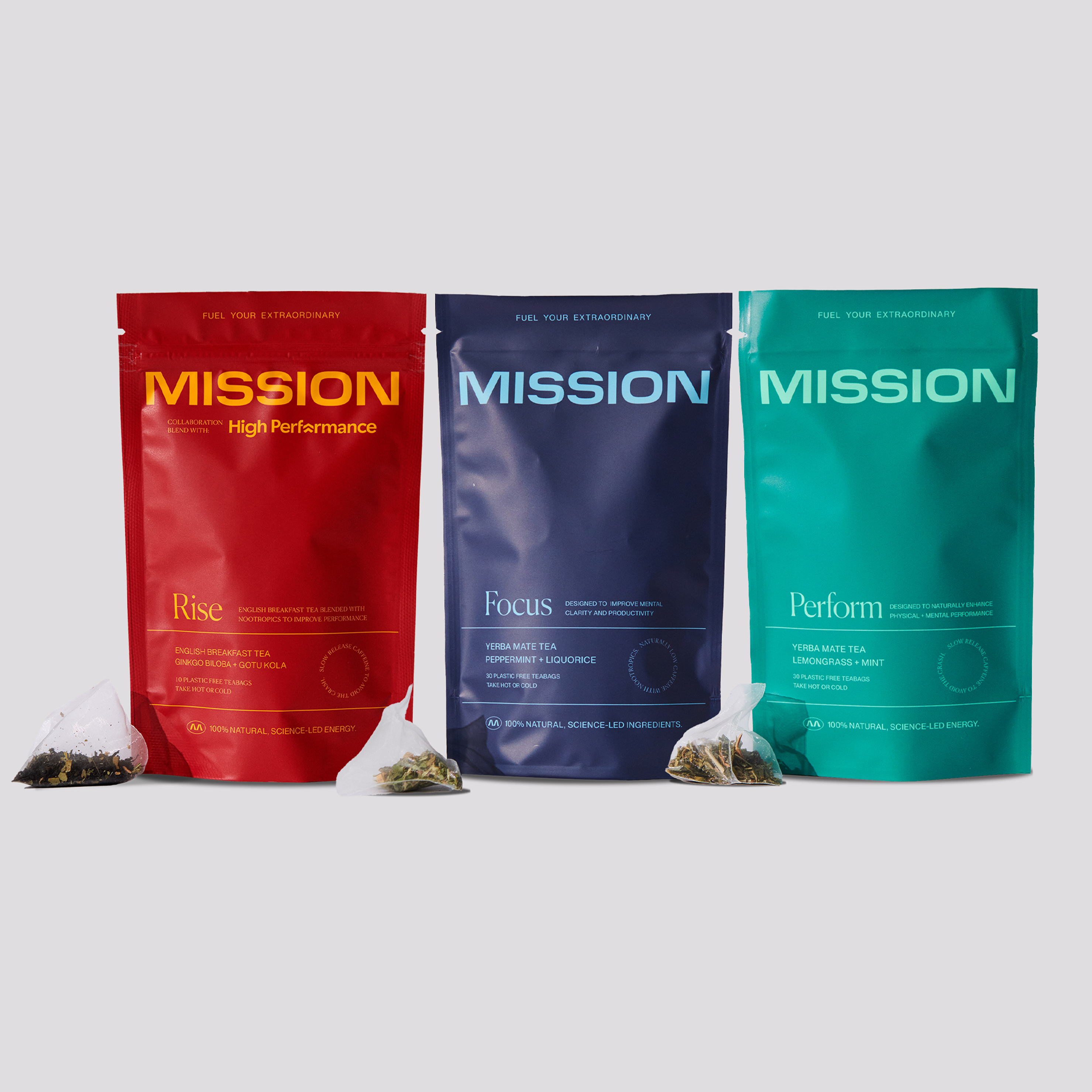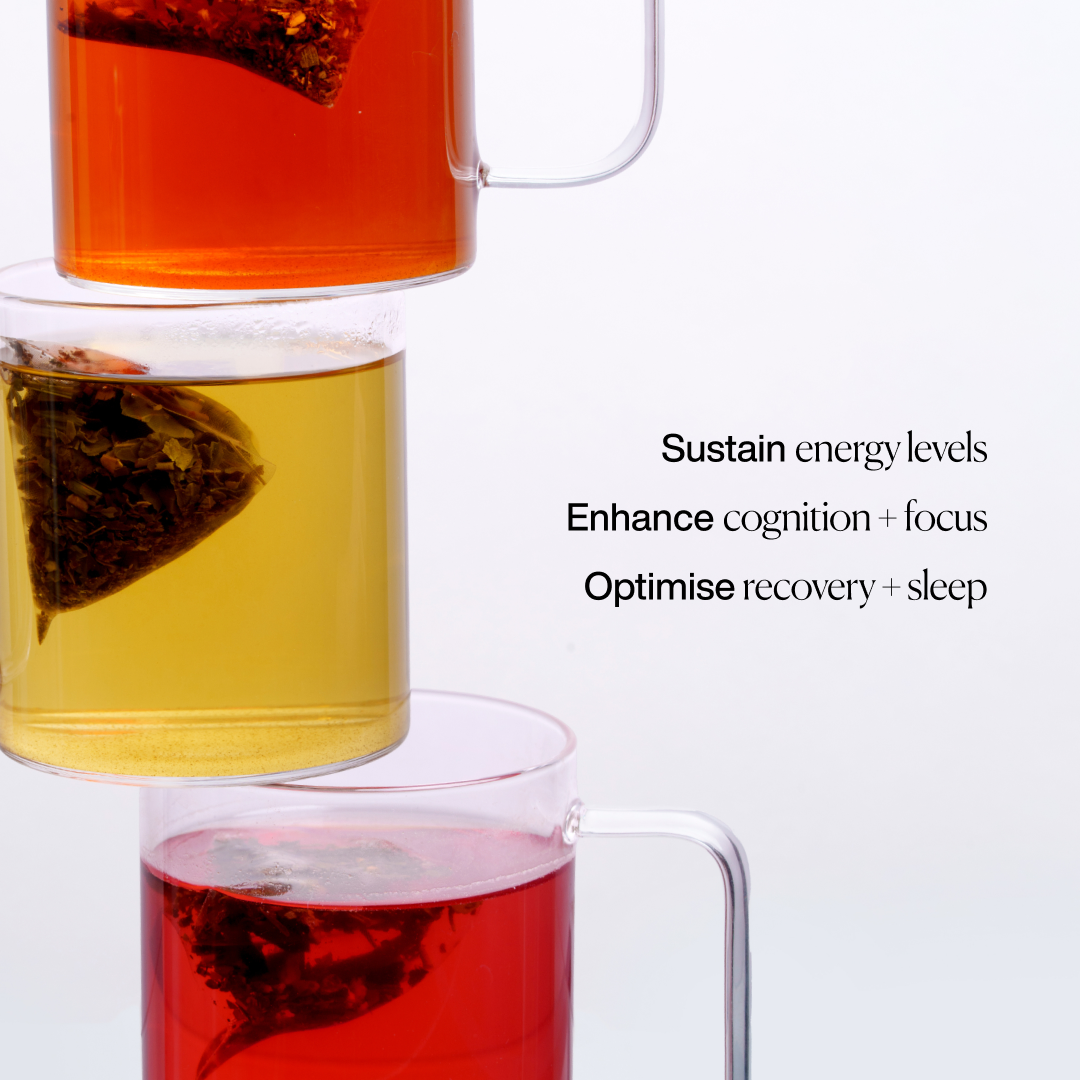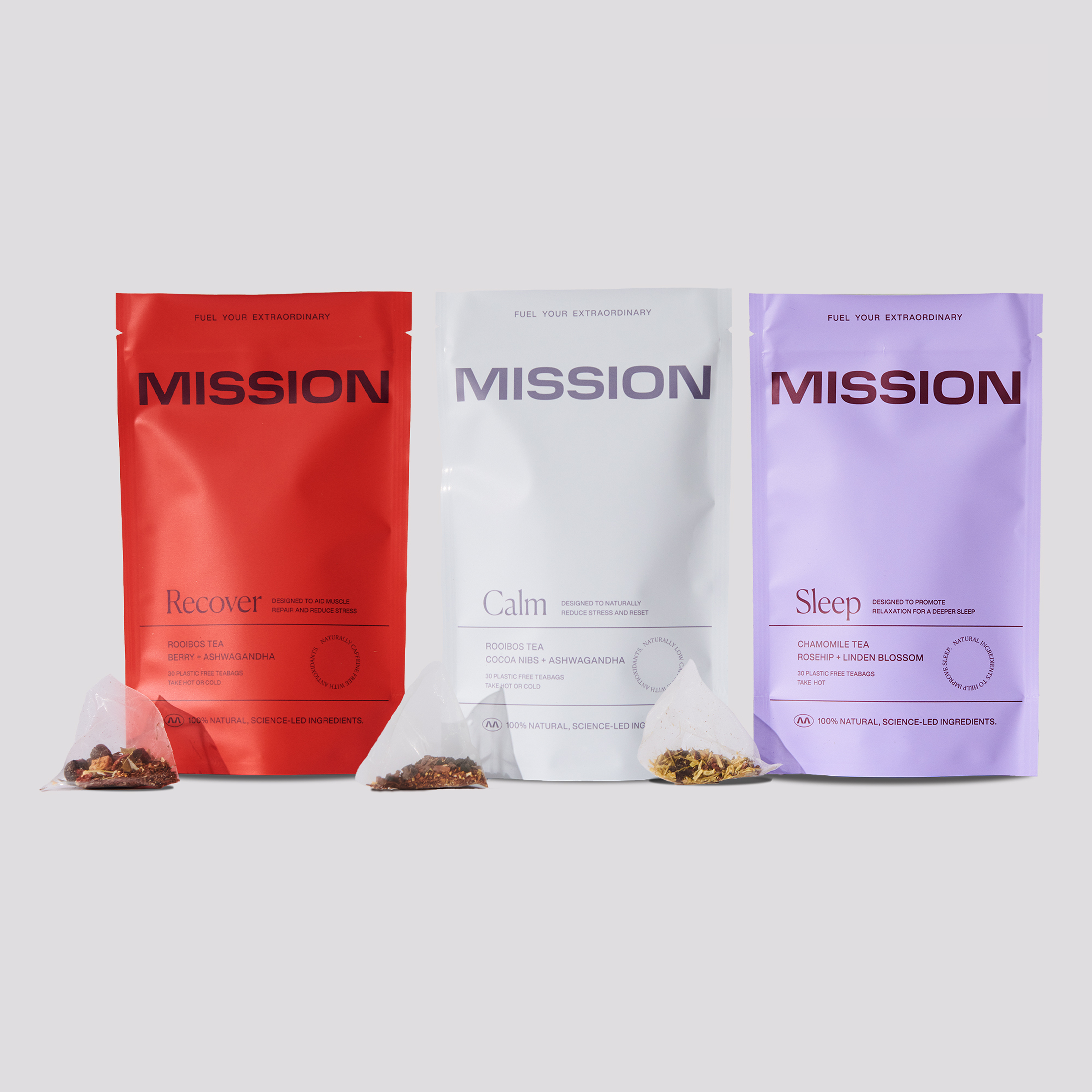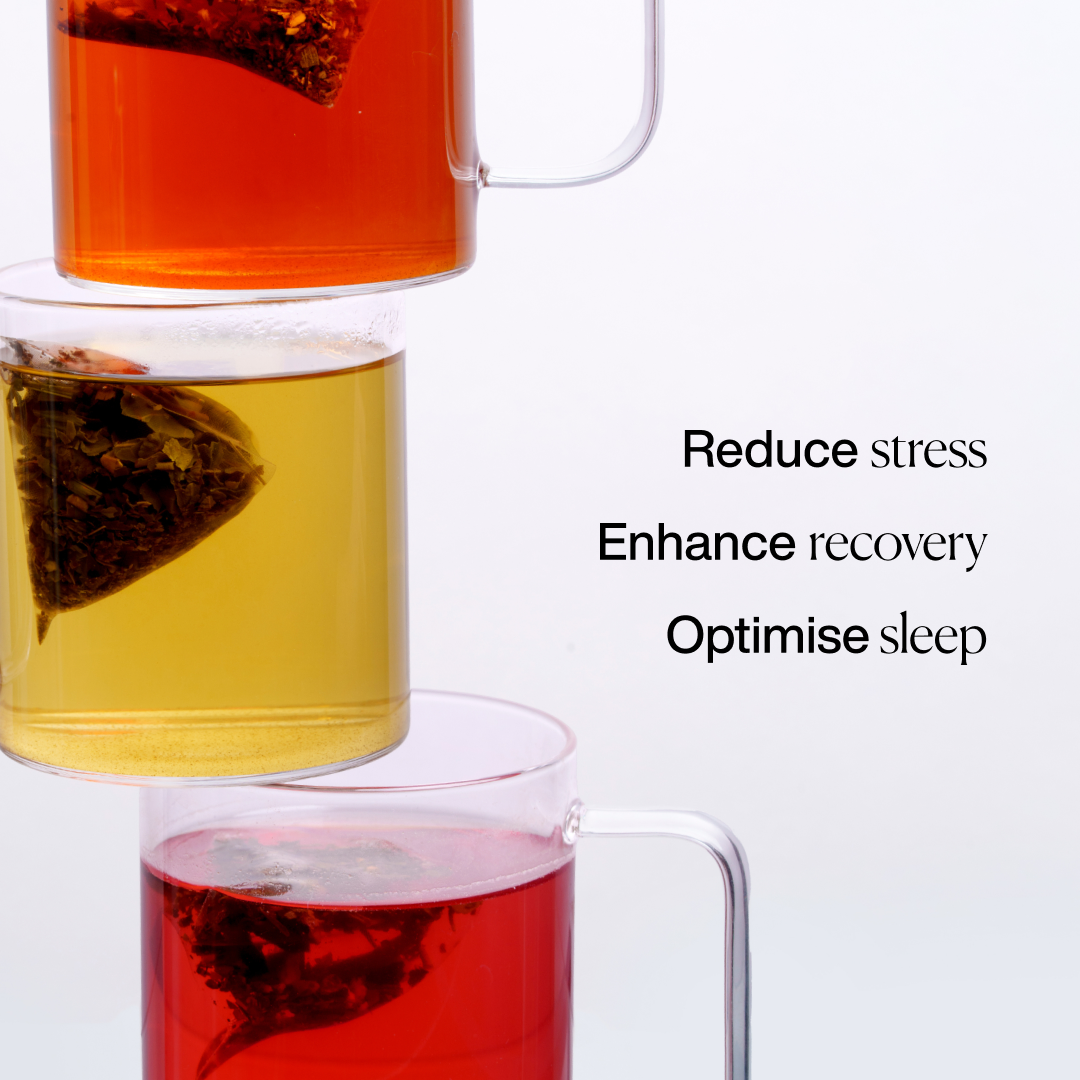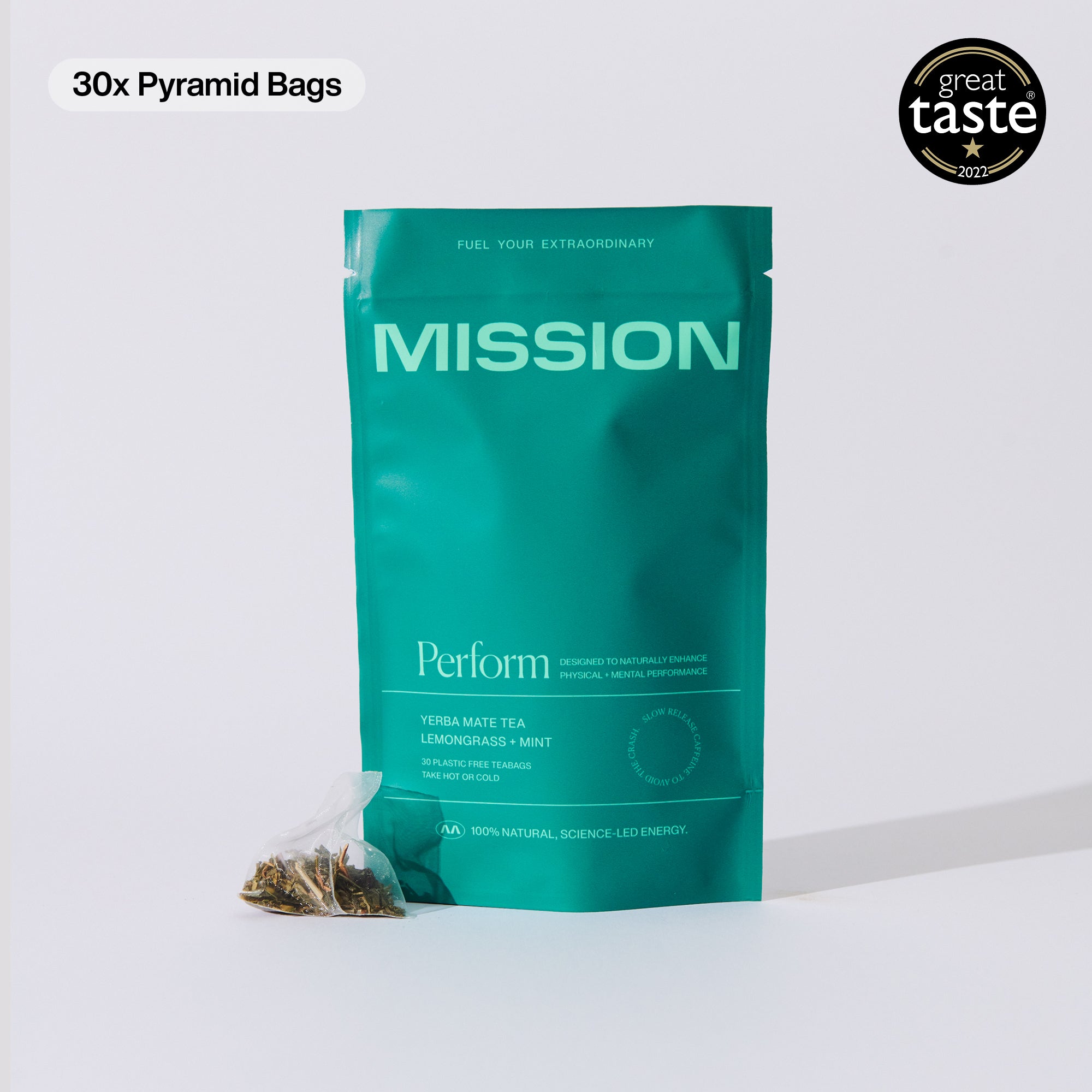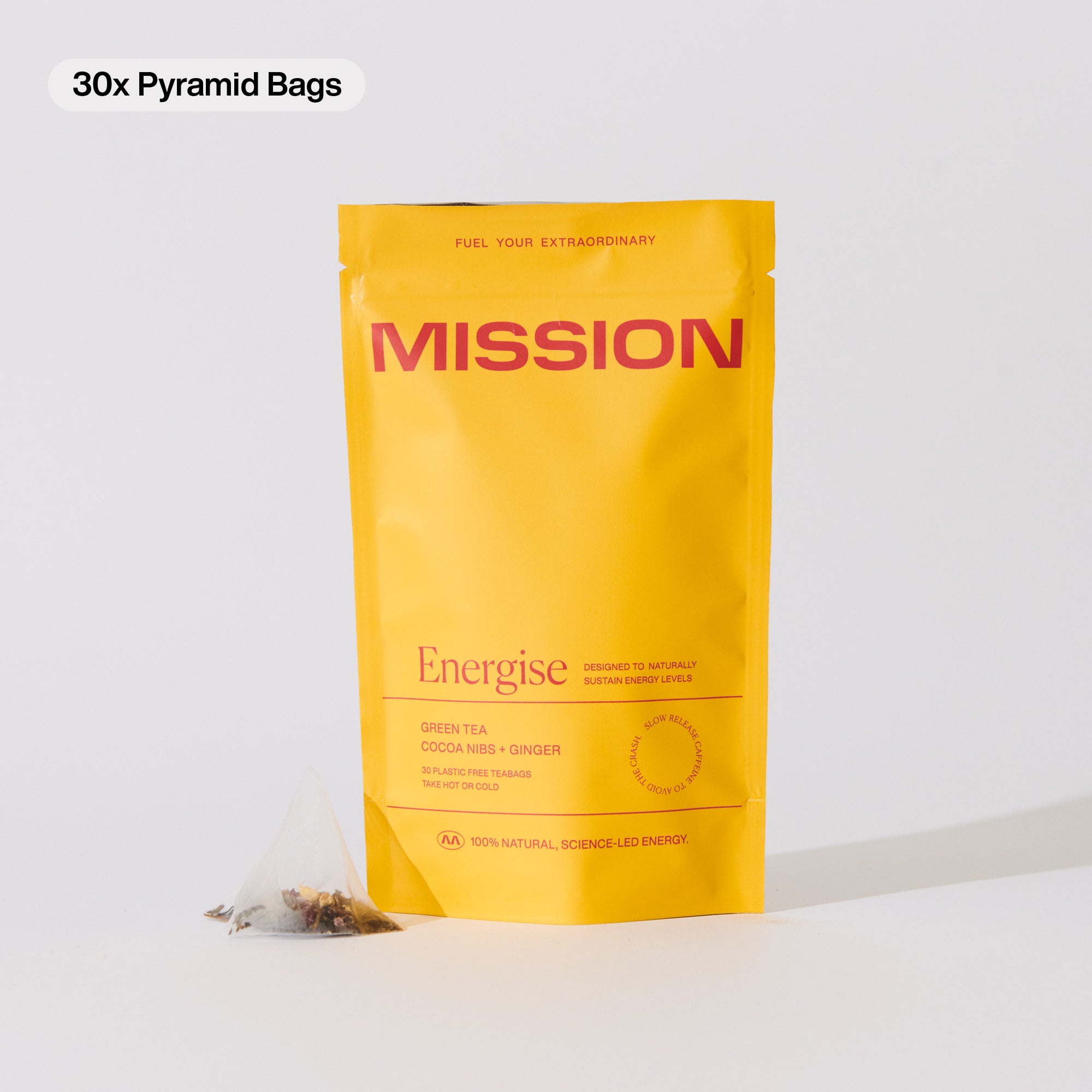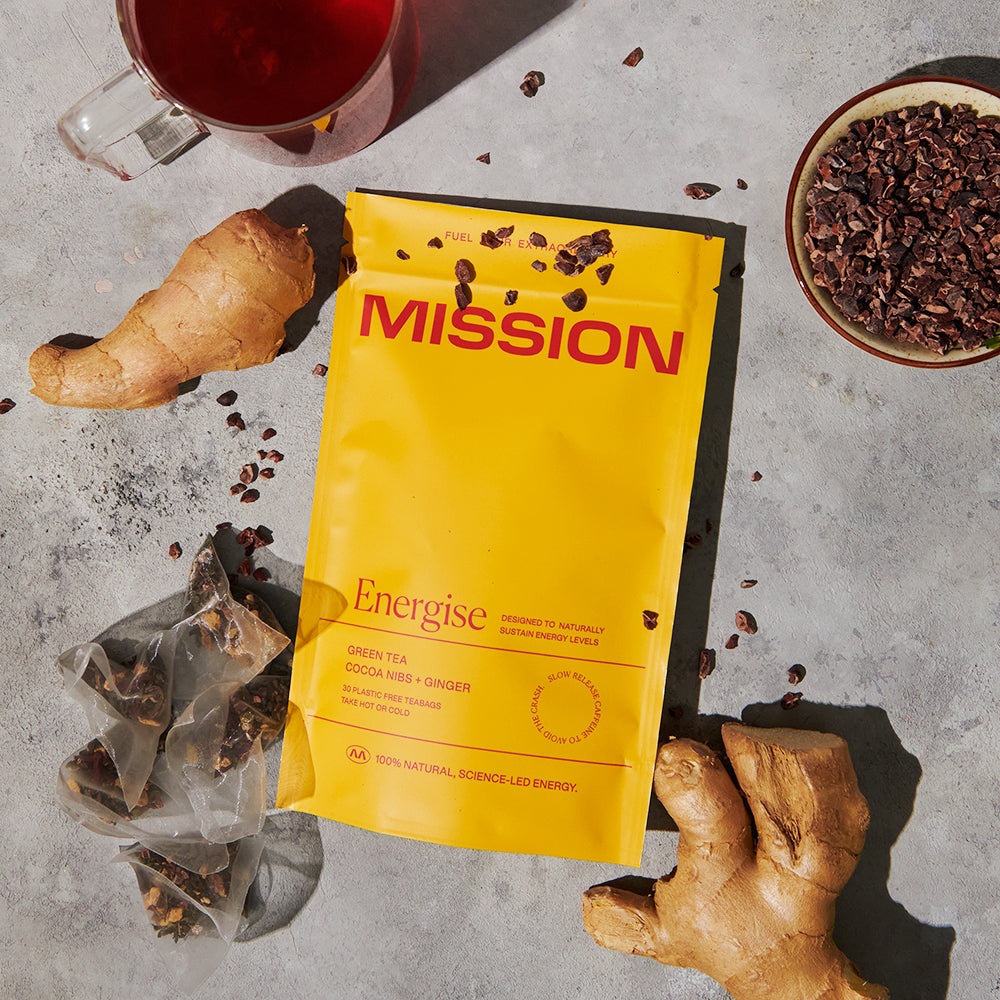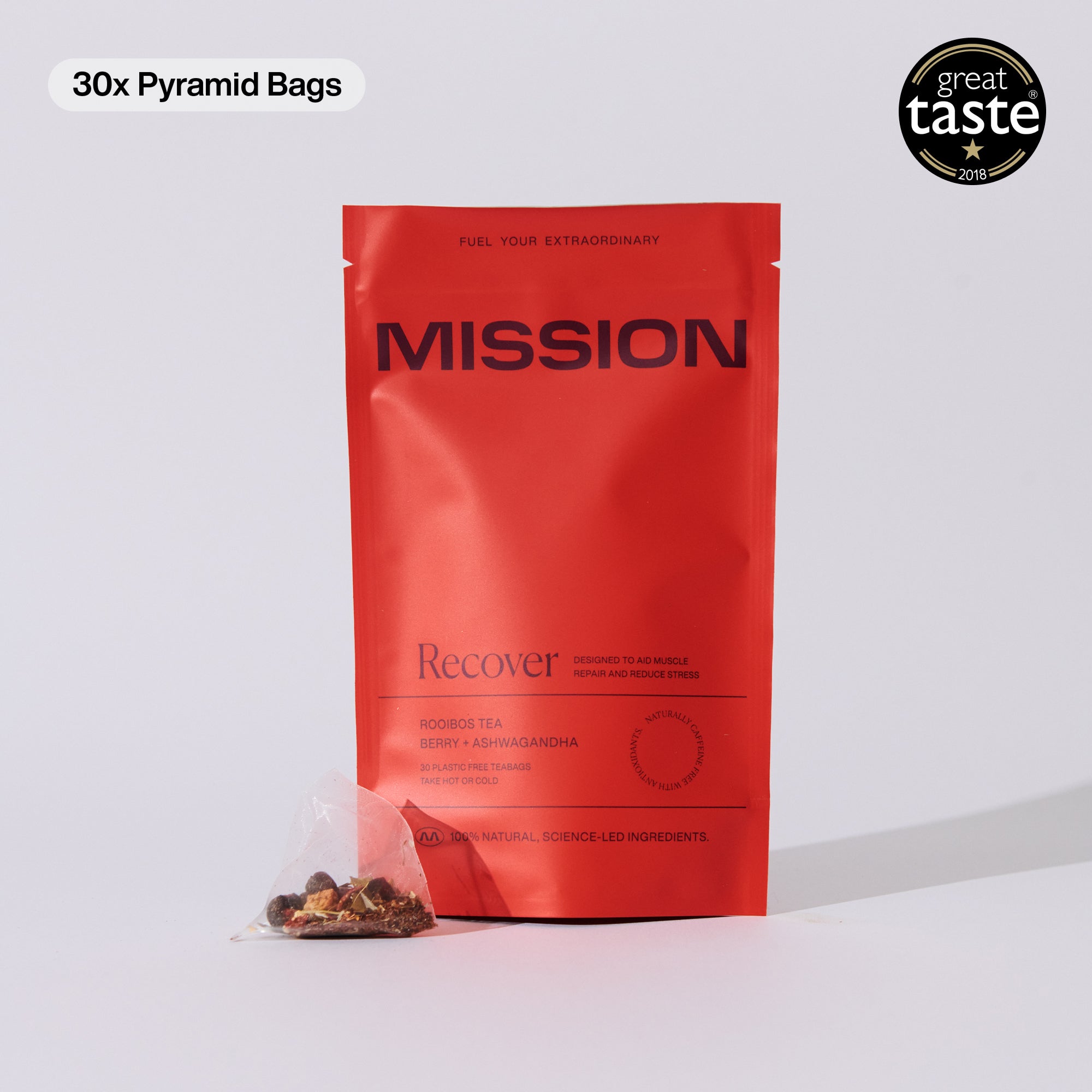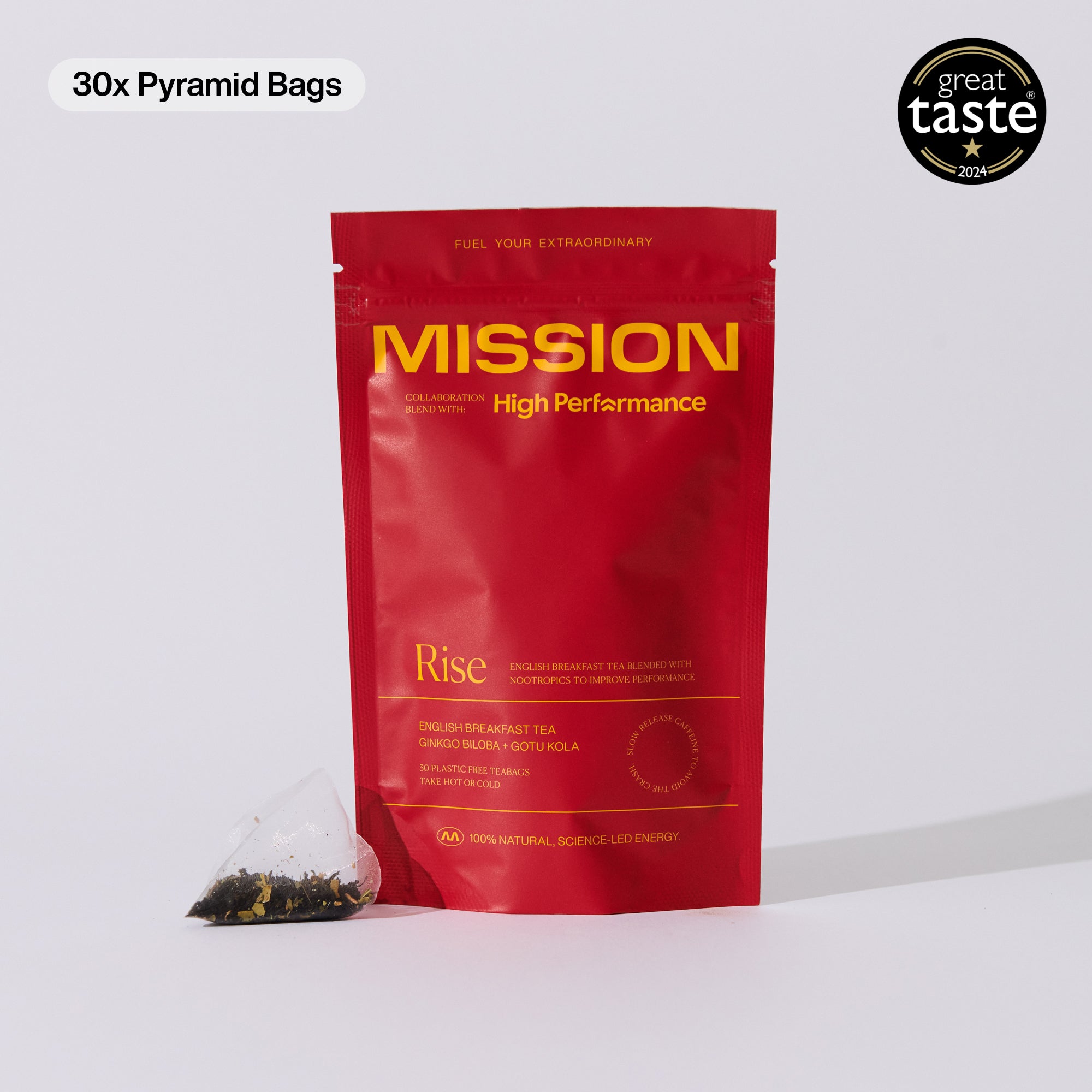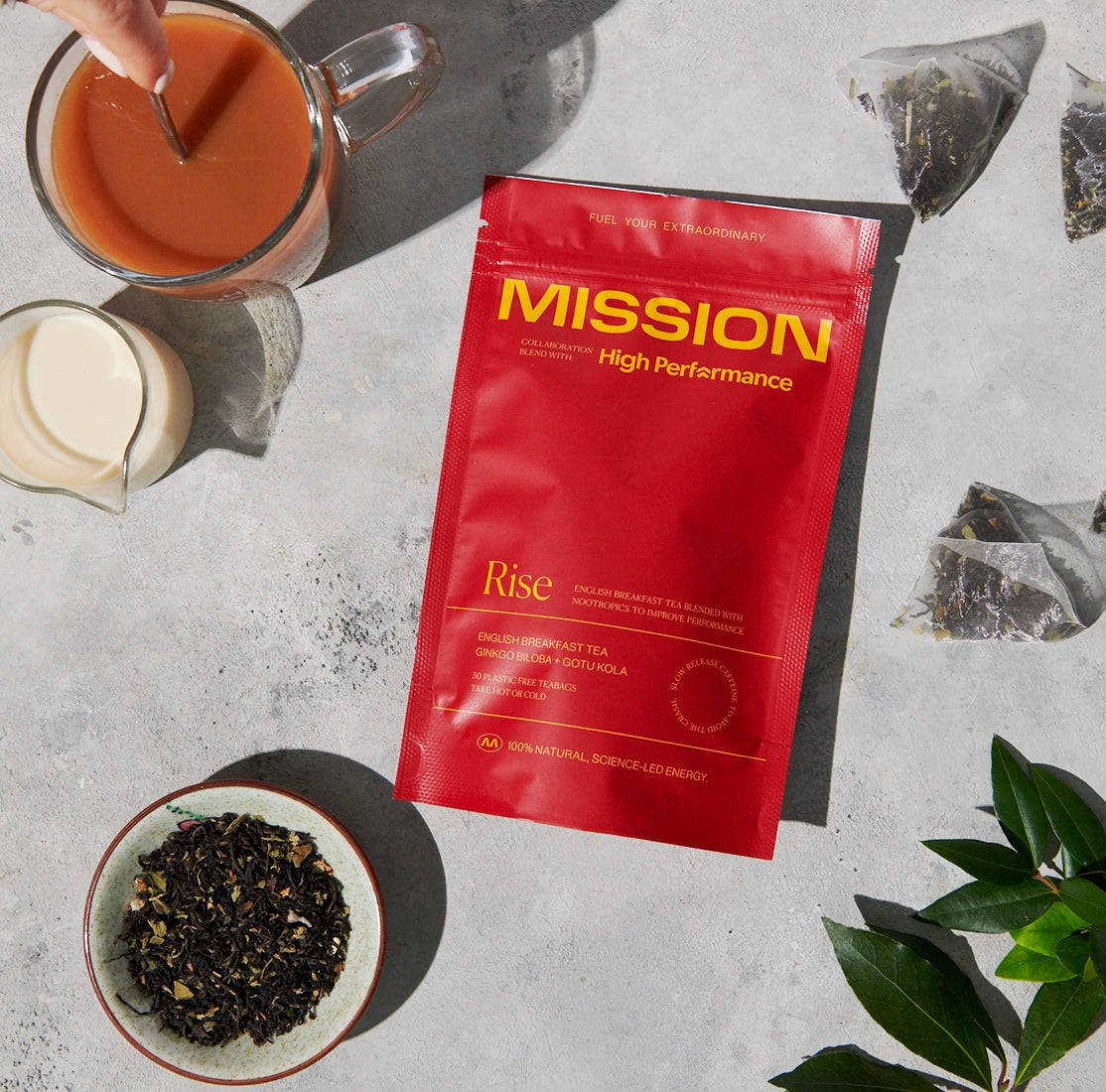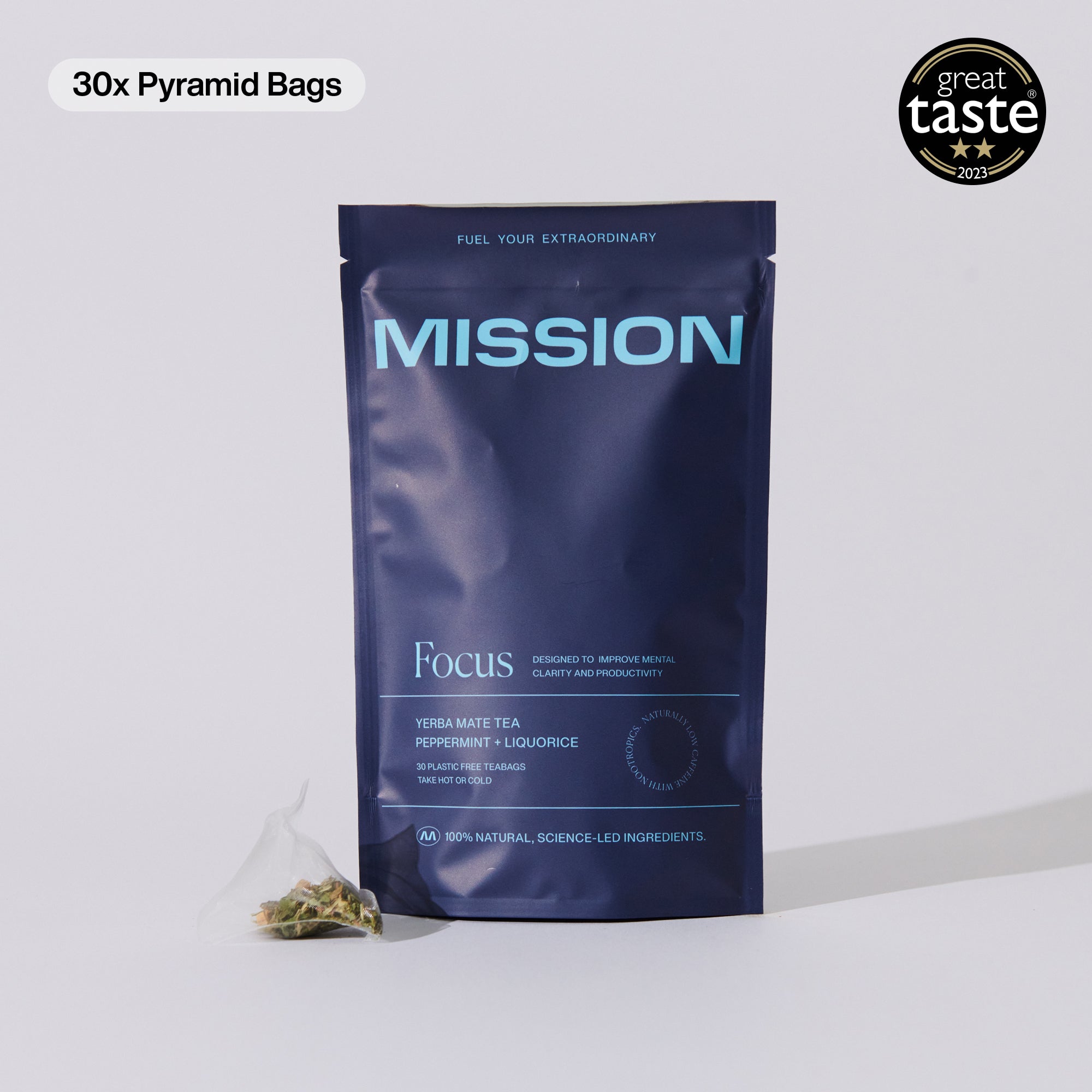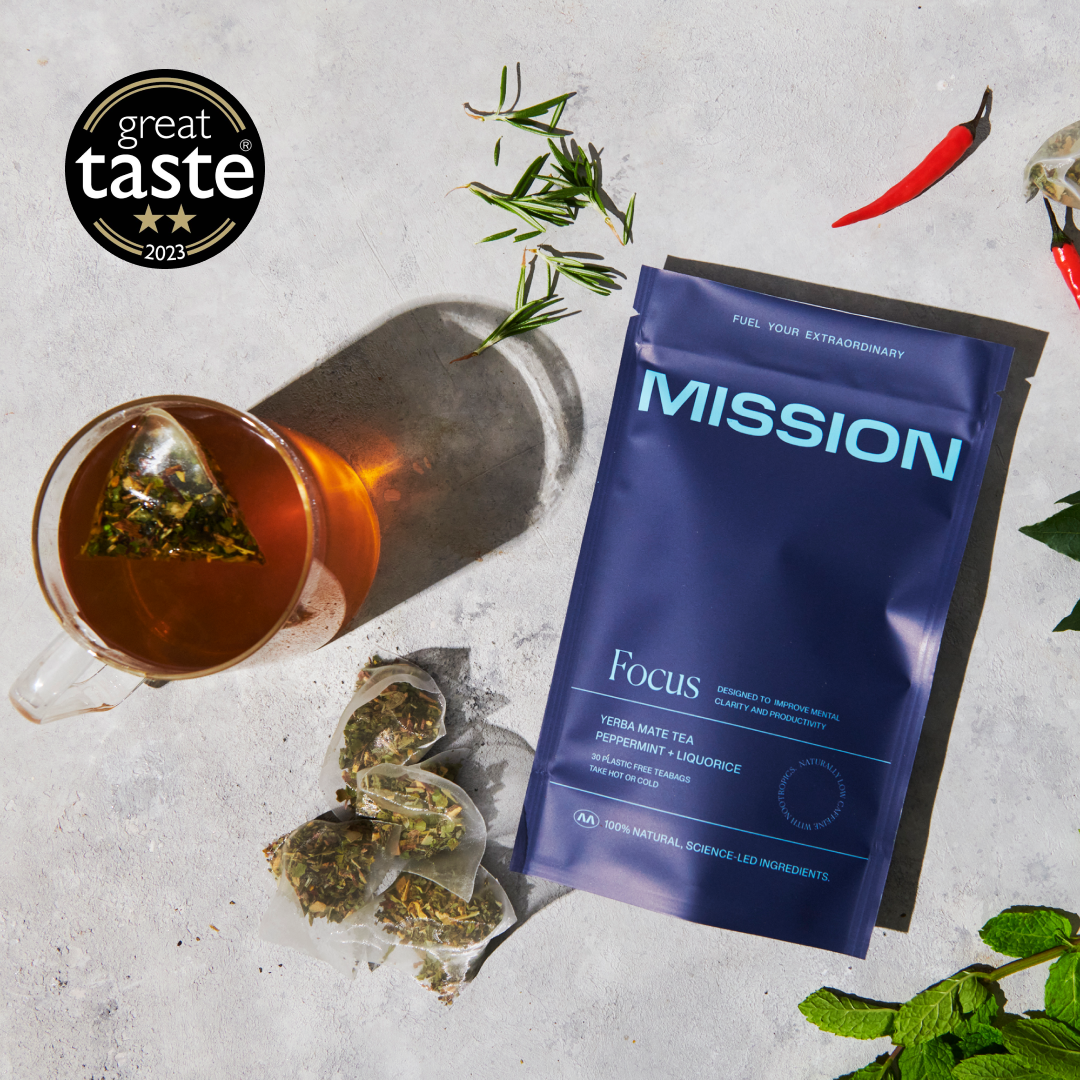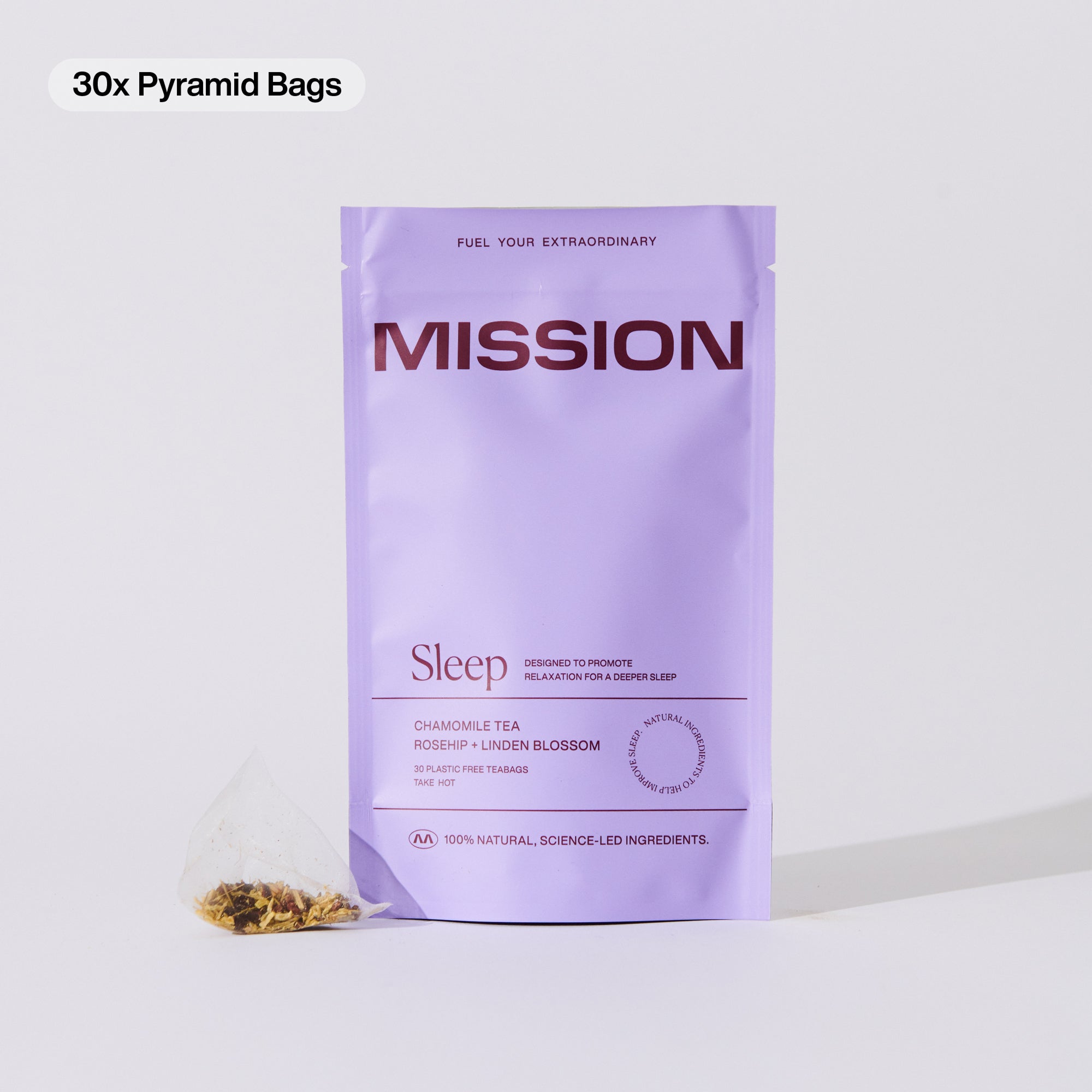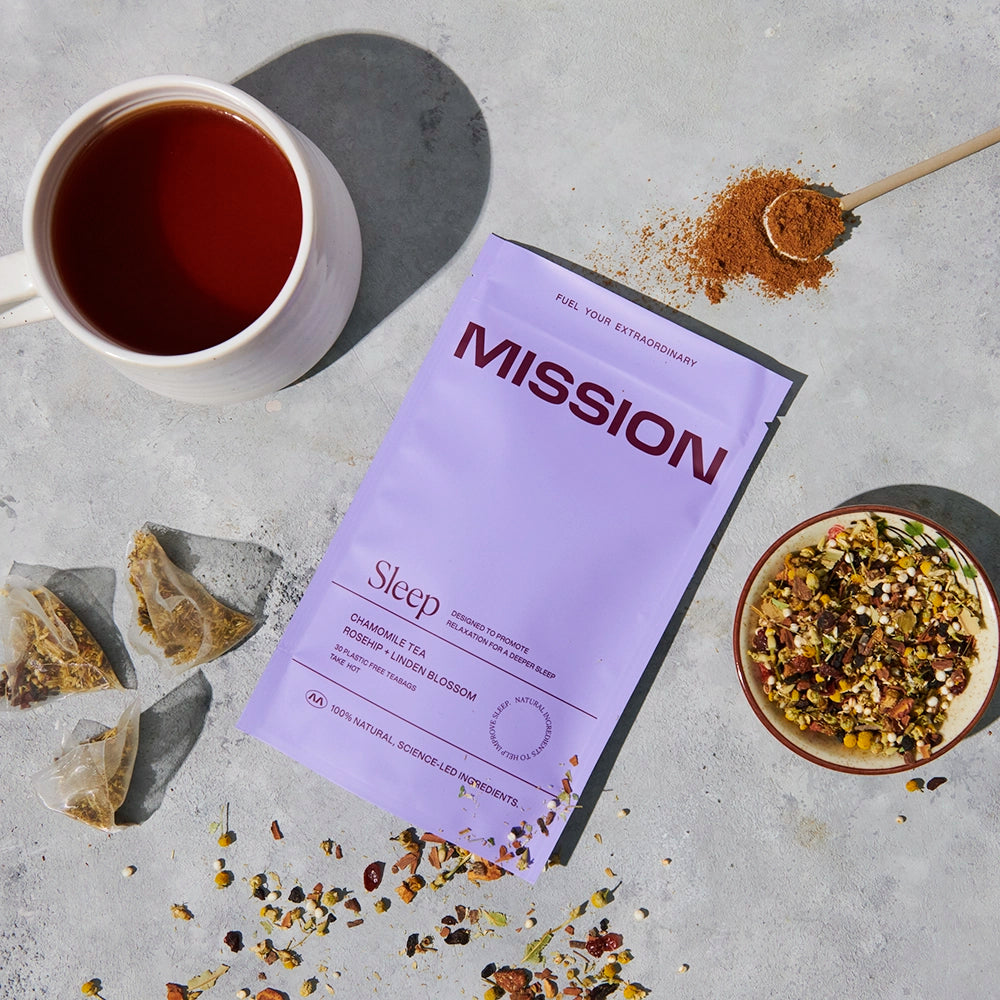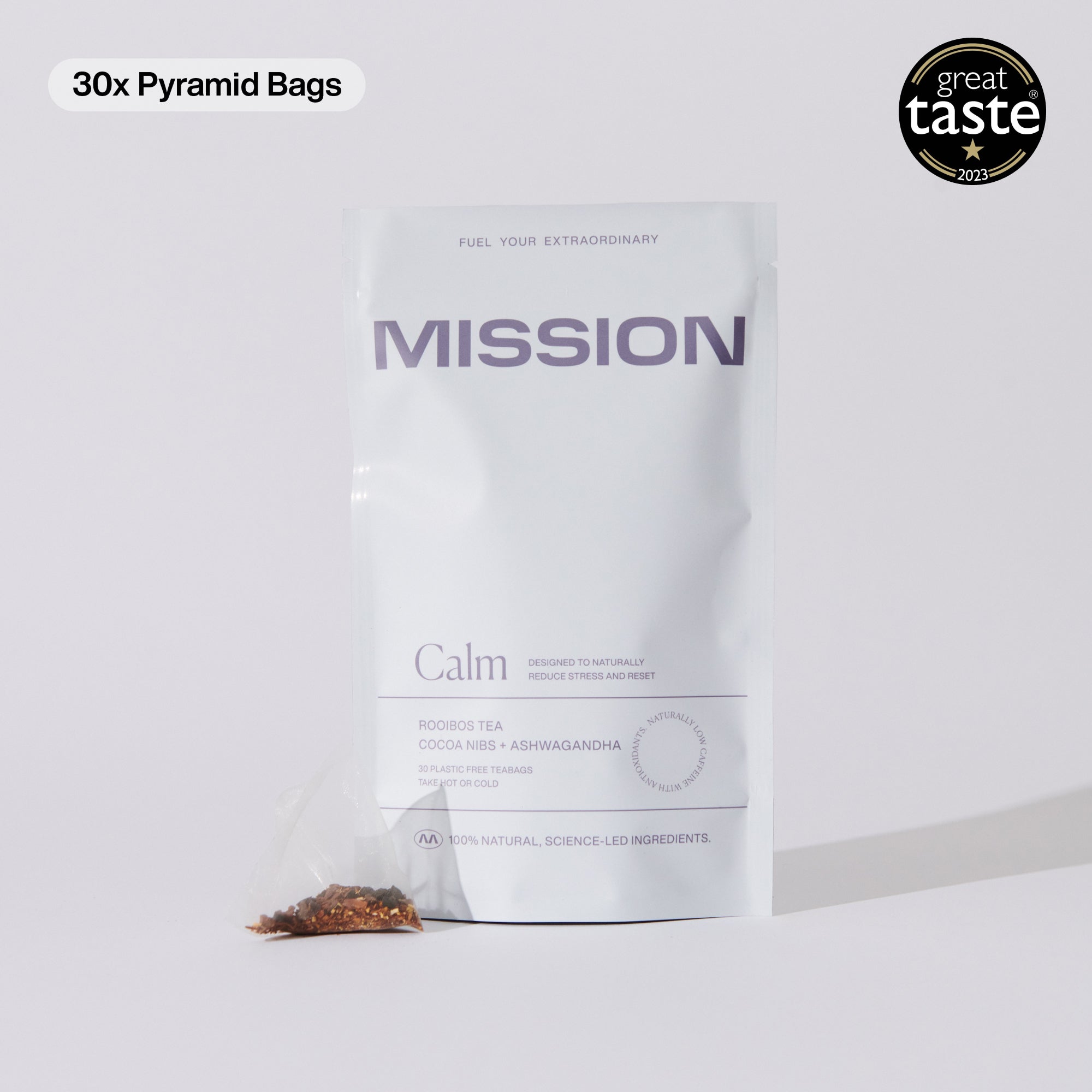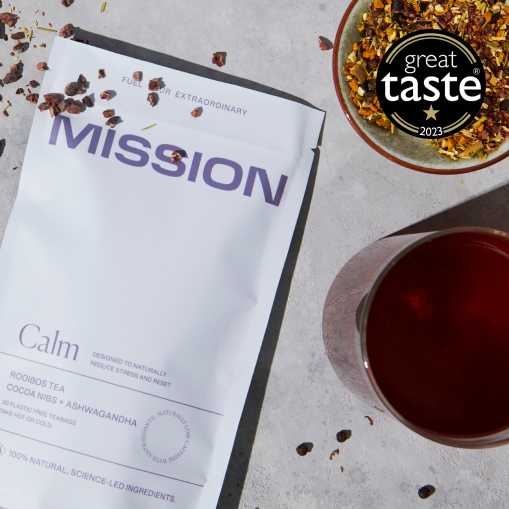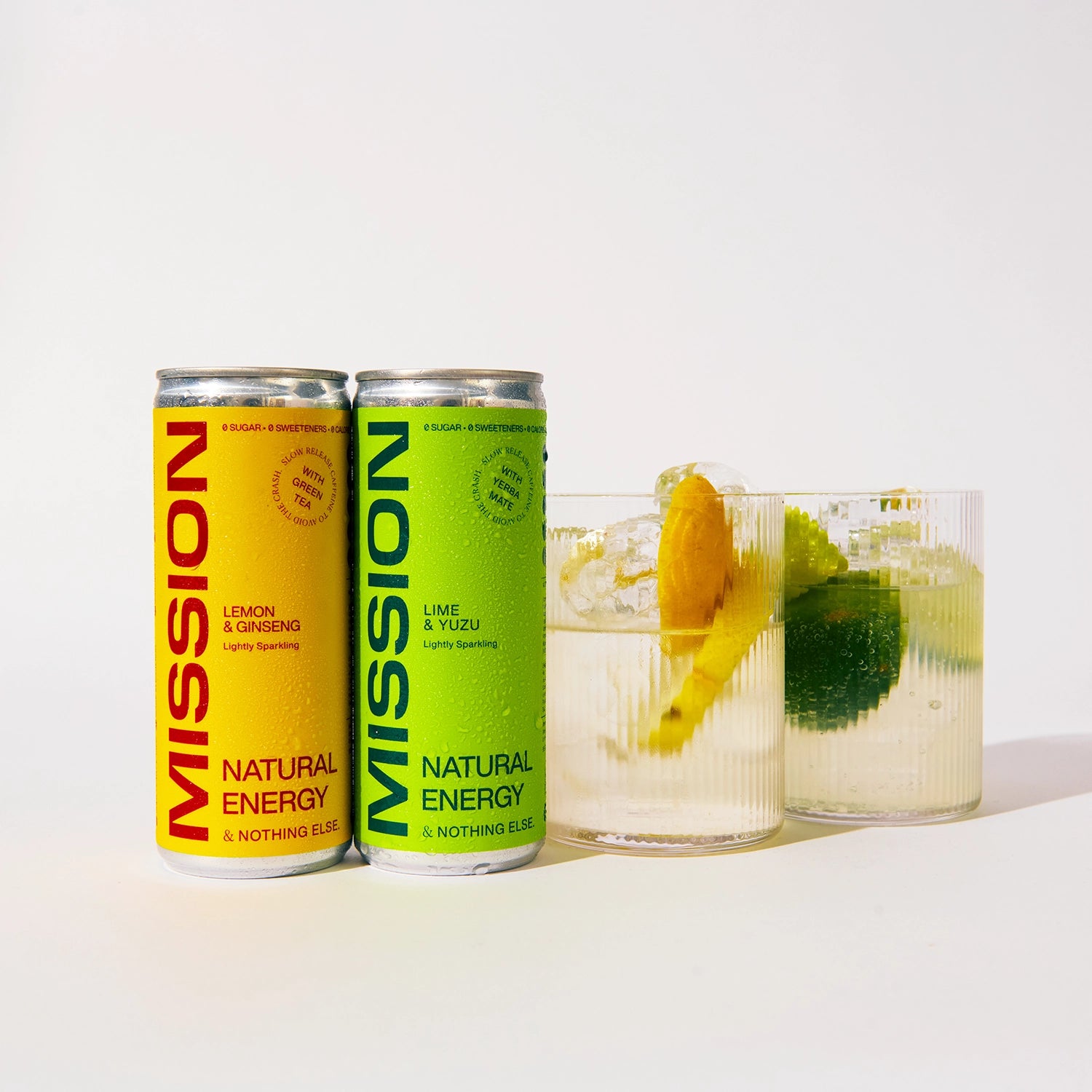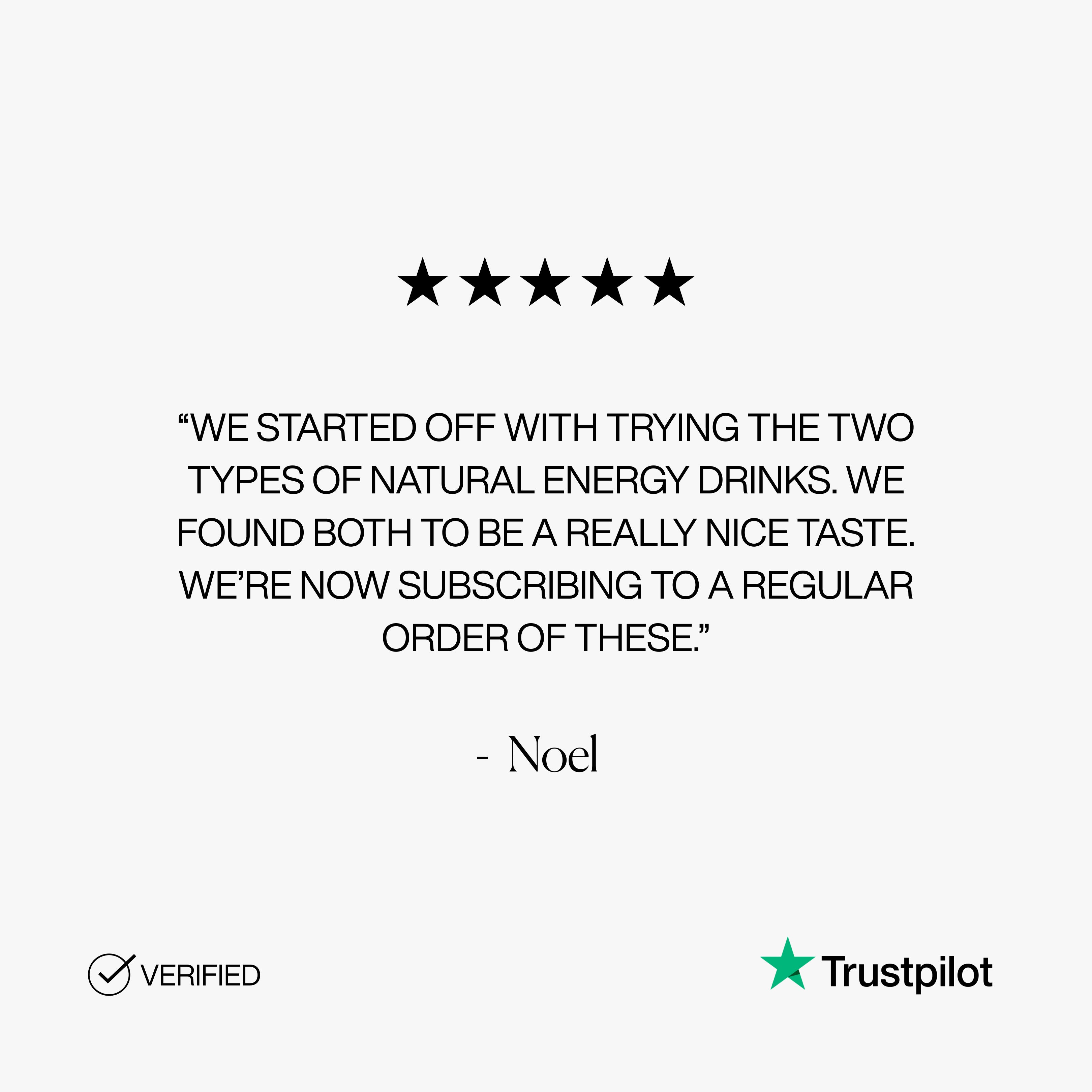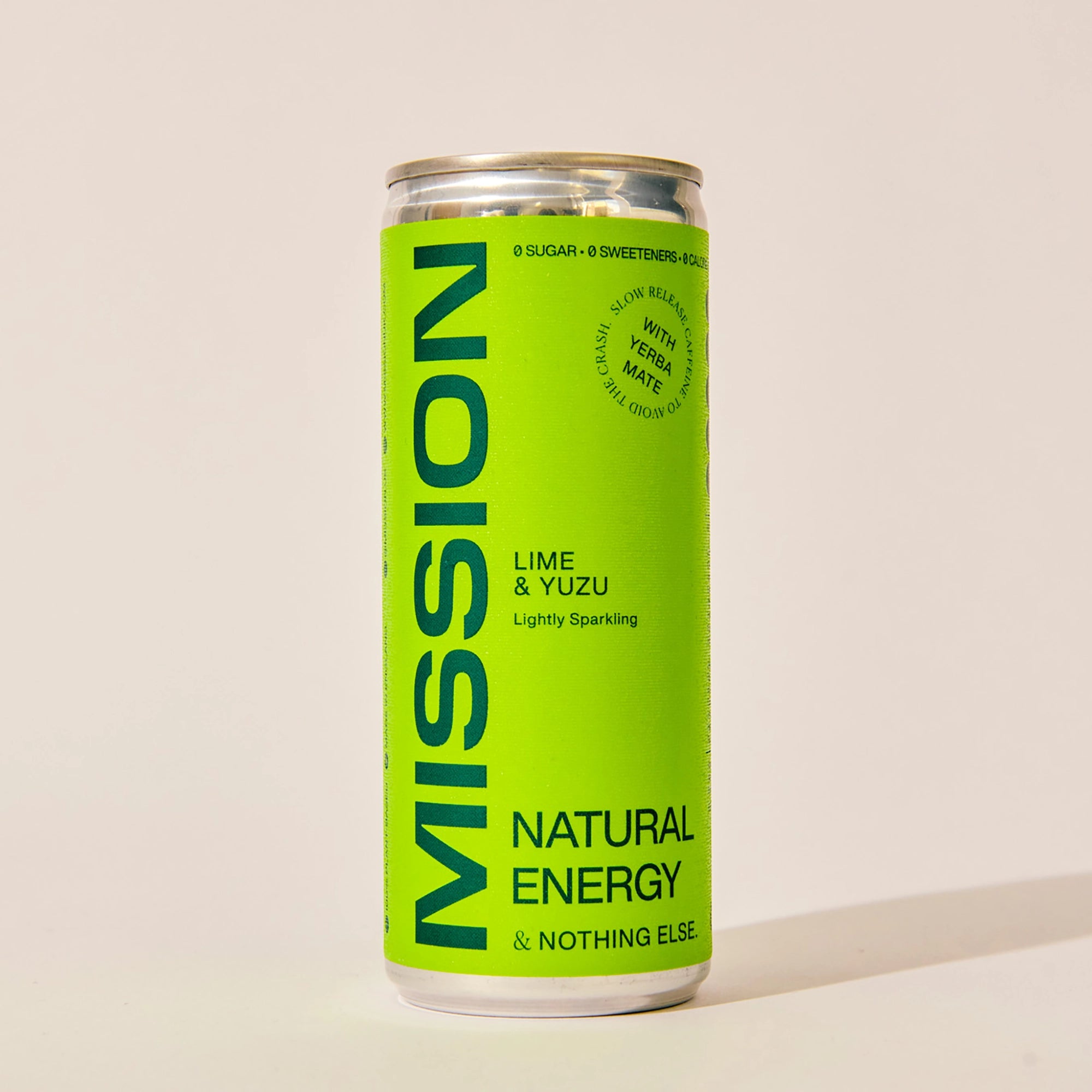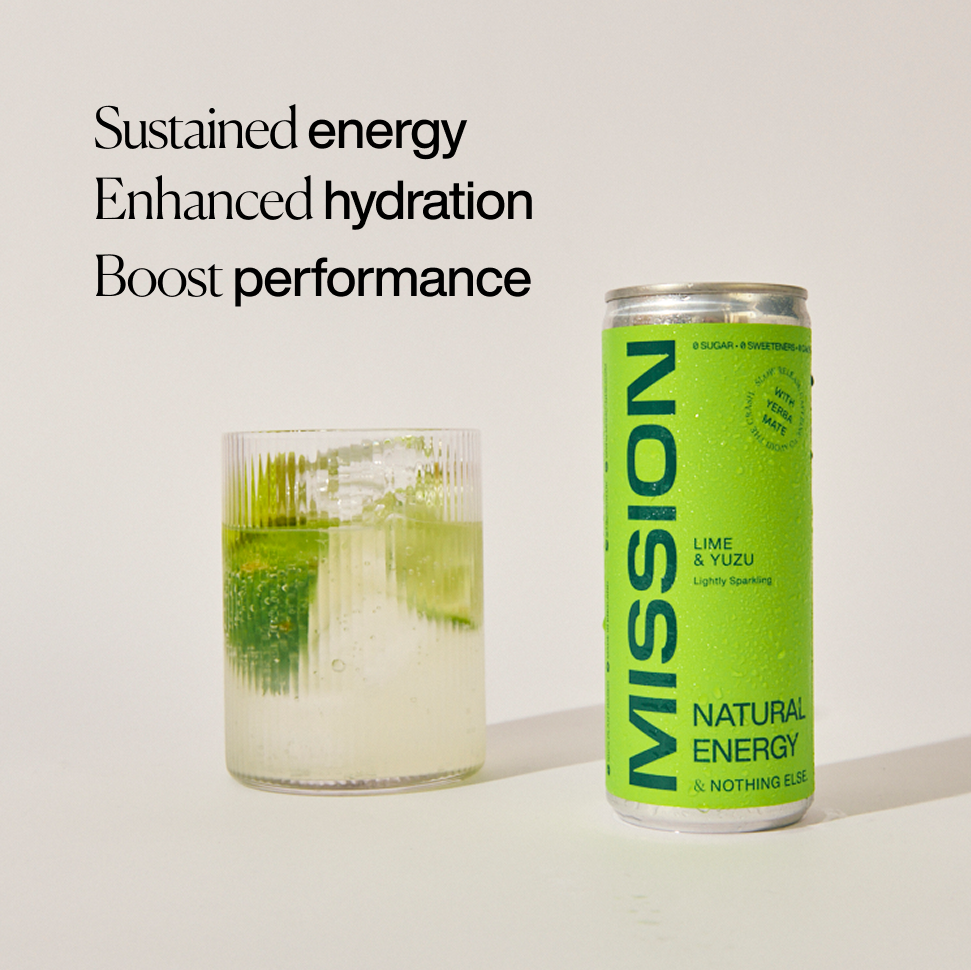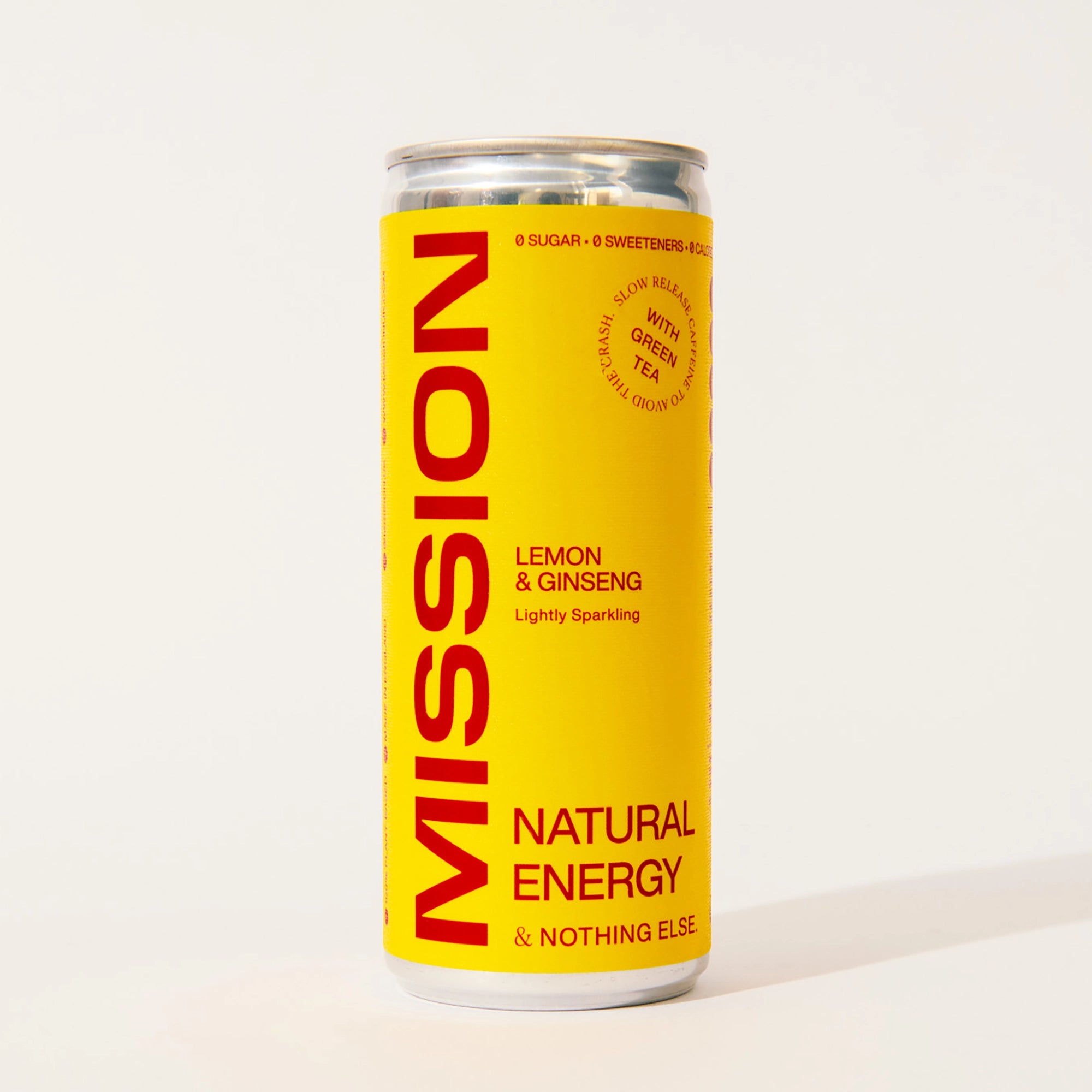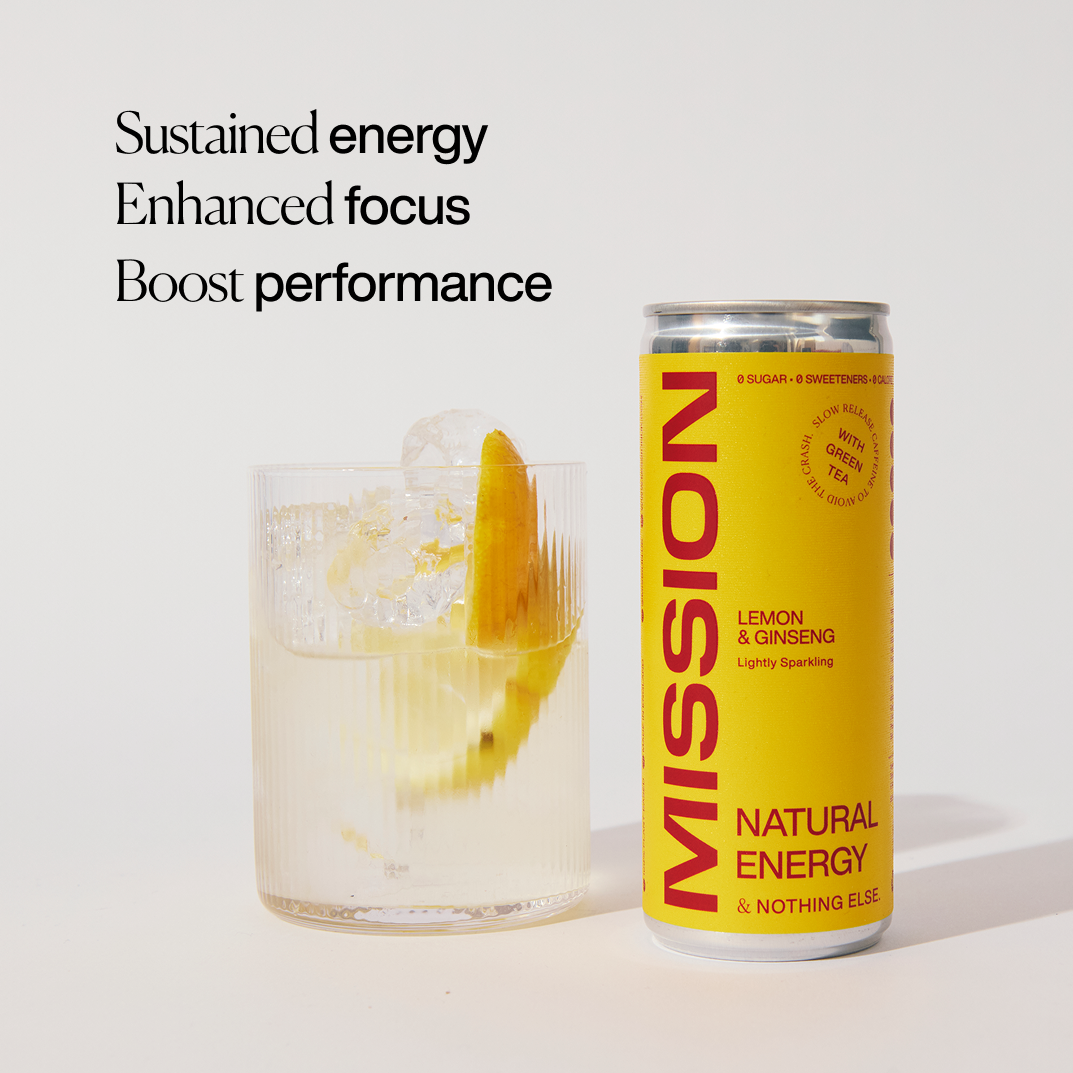Why we get the jitters from a big caffeine hit
Off the back of our no coffee challenge, this spotlight talks through why some of us experience the nastier side effects of high caffeine doses from coffee and energy drinks.
Caffeine + Adenosine
Much of what caffeine does to us begins with its relationship with adenosine. Adenosine is a chemical that accumulates in our brains while we’re awake and binds to receptors there. Its role is to regulate the feeling of fatigue and sleepiness. In short, the more adenosine there is in the brain, the more tired we feel, and the longer we’re awake, the more adenosine accumulates.
Caffeine shares a very similar structure with adenosine, which means it can bind to the same receptors and block adenosine from enabling its fatiguing effects on the brain/body.
The result of blocking adenosine is an increase in the levels of other neurotransmitters and hormones such as dopamine and adrenaline. It’s these chemical signals that lead to the increased alertness, wakefulness and focus that people consume caffeine for.

Adrenaline is one of the hormones responsible for the infamous ‘fight or flight’ response. So, consuming caffeine and triggering the production of adrenaline increases your heart rate, helps to open your airways and increases blood flow. Adrenaline also makes the liver release glycogen, which raises your blood sugar levels and temporarily gives you more energy. All sounding great, right? So, why does it increase feelings of anxiety?
A deeper dive
Impacting our natural balance of neurotransmitters and hormones can lead to increased feelings of nervousness and jitters. The flip side of adrenaline’s effects (increased heart rate, blood pressure and other physiological responses), is they can contribute to feelings of anxiety and jitters.
However, a recent high quality study examining the relationship between caffeine consumption and health showed that the benefits outweigh the harm….although, it did caution that caffeine use may exacerbate health conditions such as: anxiety, insomnia and stomach issues. For some people, significant increases in feelings of anxiety have been found from the equivalent of 1 standard coffee (~150mg). This highlights the issues around the recent news on coffee chains and their varying caffeine content - as people who want to be aware of their caffeine intake could be exacerbating certain health issues.
The significance of these side effects, plus the amount of caffeine it takes to experience them varies from person to person. Factors like genetics, stress levels, and overall health can all contribute to how caffeine affects an individual's anxiety levels.
It is important to pay attention to how your body responds to caffeine and to limit or avoid consumption if it causes increased anxiety. A way around this is to find a sustainable way to consume caffeine. Coffees provide a big hit of caffeine all at once, meaning all these responses happen quickly, and in a big spike. Our teas all contain less than 30mg caffeine and importantly, are absorbed much slower than the caffeine from coffee (with the help of amino acids such as L-theanine). If you feel susceptible to the jitters, but don’t want to lose out on the benefit of caffeine, try swapping your coffee for our best selling, Energise blend.





